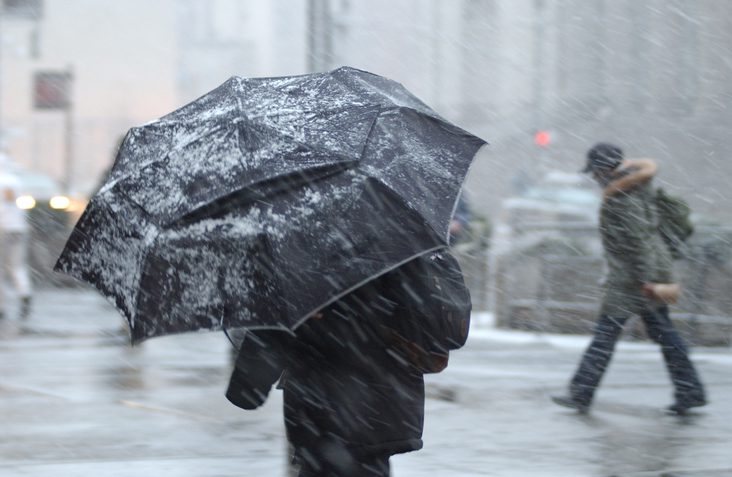Help get your customers winter ready

Authored by Aviva
According to our recent research with 2,001 UK adults, over half of Brits (54%) are putting off essential winter-home maintenance jobs this year with many citing time and money pressures as the reasons for delay.
However, winter weather can be unpredictable, and delaying essential home maintenance can lead to costly repairs. Remember while Aviva are here for those unexpected and unpredictable events, home insurance is not designed to cover general wear and tear, and not maintaining a property could impact a claim. So, as we enter the winter season, we suggest that your clients familiarise themselves with their policy so they know what’s covered and what isn’t, and to get their homes winter ready.
Here’s some suggested activities you can pass on to your customers for them to protect their home against storms and to help keep their homes running more efficiently in the long term:
Secure fences and gates. Aviva research suggests damage to fences is the most common home issue caused by extreme weather, so it’s important to check yours are sturdy and in good repair. Inspect your roof for any missing / loose tiles or slates.Inspect hedges, trees and branches and get a professional in to help with any that may need cutting back.Clean and store away your garden furniture to protect it from the elements. Make sure any large pieces are secure in case of stormy weather.Ensure gutters and downpipes are attached securely and clear out your gutters and drains to prevent water damage. Leaves and rubbish can quickly build up and weigh gutters down – and the added weight of snow can be the breaking point.Get your chimneys swept. There’s a greater risk of fire if your chimneys are full of debris, so call out the sweep before you light your fire.Warm up your stove. If you haven’t used yours for a while, set a couple of low-level fires first before firing it up to the max. This will help to minimise the risk of cracking bricks.Check your boiler or get your boiler serviced by a professional. It’s also a great time to think about boiler cover, in case of breakdowns during the cold winter months.Bleed your radiators. This will not only increase their heat efficiency, but it could also save you money on your heating bills too.Insulate your loft. This can make a world of difference in stopping heat heading out through your roof.Replace damaged seals on doors and windows. An old-fashioned draft excluder can also be a great addition to keep heat in the home or in a particular room.
Last December we saw a significant increase in freeze claims after a sharp change in weather to sub-zero temperatures. With people potentially looking to save on costs by reducing their heating, here’s some actions that customers can take to help protect against freeze claims:
Lag your pipes. Insulate all visible pipes with lagging, available from most DIY stores. Particularly focus on exposed pipes in small spaces, such as the attic. Cold water tanks, normally found in the loft, can also be covered with an insulation jacket.Let warm air flow. If your pipes and tanks are in unheated loft spaces or forgotten cupboards, open the hatch or door occasionally to allow warmer air to circulate around them. Think about how you use your heating – particularly if you’re away. If you’re not at home or are going away for a while, consider setting your thermostat at a low level, or set your timer to allow your heating to come on occasionally, rather than turning it off altogether. This can help avoid pipes falling to a temperature where water can freeze inside them.Turn off outside taps. Where possible, shut off the water supply to outside taps and then open the taps to drain off any excess water, so it can’t freeze inside the pipes.Repair dripping taps. Leaky taps can block your pipe and cause damage if they freeze. Test each of your taps by turning them fully off. If any continue to drip, get them fixed.Turn off water when travelling. If you’re heading away, you may wish to turn your water off and drain the system to potentially prevent any damage while you’re not at home.
Loss Prevention Standards – Residential Properties: Weather-Related Property Damage
Guidance on implementing measures to help protect your property from weather-related damage
Read our Loss Prevention Standards





